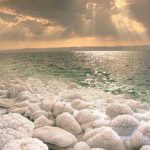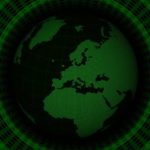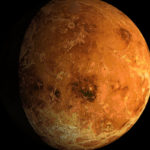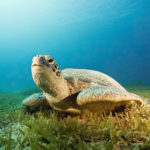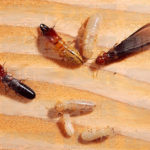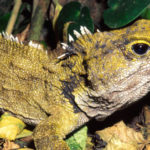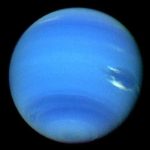Interesting facts about protozoa
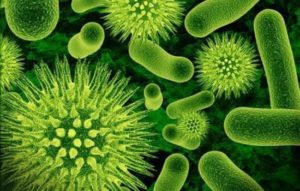 The simplest is the basis of all life, they are the progenitors of all life on the planet, for it is with them that life itself began. They exist now, they are all around us, but it is useless to look back – without a good microscope, they will not be able to see them.
The simplest is the basis of all life, they are the progenitors of all life on the planet, for it is with them that life itself began. They exist now, they are all around us, but it is useless to look back – without a good microscope, they will not be able to see them.
In one tablespoon of sea sand contains on average from one hundred to two hundred thousand shells of sea protozoa – foraminifera.
The most numerous inhabitants of the earth are just the simplest.
The total mass of all protozoa on Earth is estimated at about five hundred and fifty billion tons.
Up to 90 percent of the total biomass in the world’s oceans is just the simplest.
Petrified imprints of the most ancient on the planet protozoa are about four billion years old.
Some protozoa have the ability to recognize dissolved in air or water odors, that is, the sense of smell.
The protozoa were found even around underwater geothermal sources, where the water temperature sometimes amounts to extreme three hundred to four hundred degrees Celsius.
The largest of the simplest unicellular ones are the sea rhizomes of the foraminifera. The length of one such creature could be up to twenty-odd centimeters. They died out more than seventy million years ago.
For every cubic centimeter of the cow’s stomach, there are up to a hundred million simple infusorians.
At rest, the protozoa can remain viable for up to a decade and a half.
The oldest living creatures of our planet were discovered by a deep-water probe at the bottom of the Mariana Trench, at a depth of almost eleven kilometers. These protozoa exist in an unchanged form for more than a billion years.

